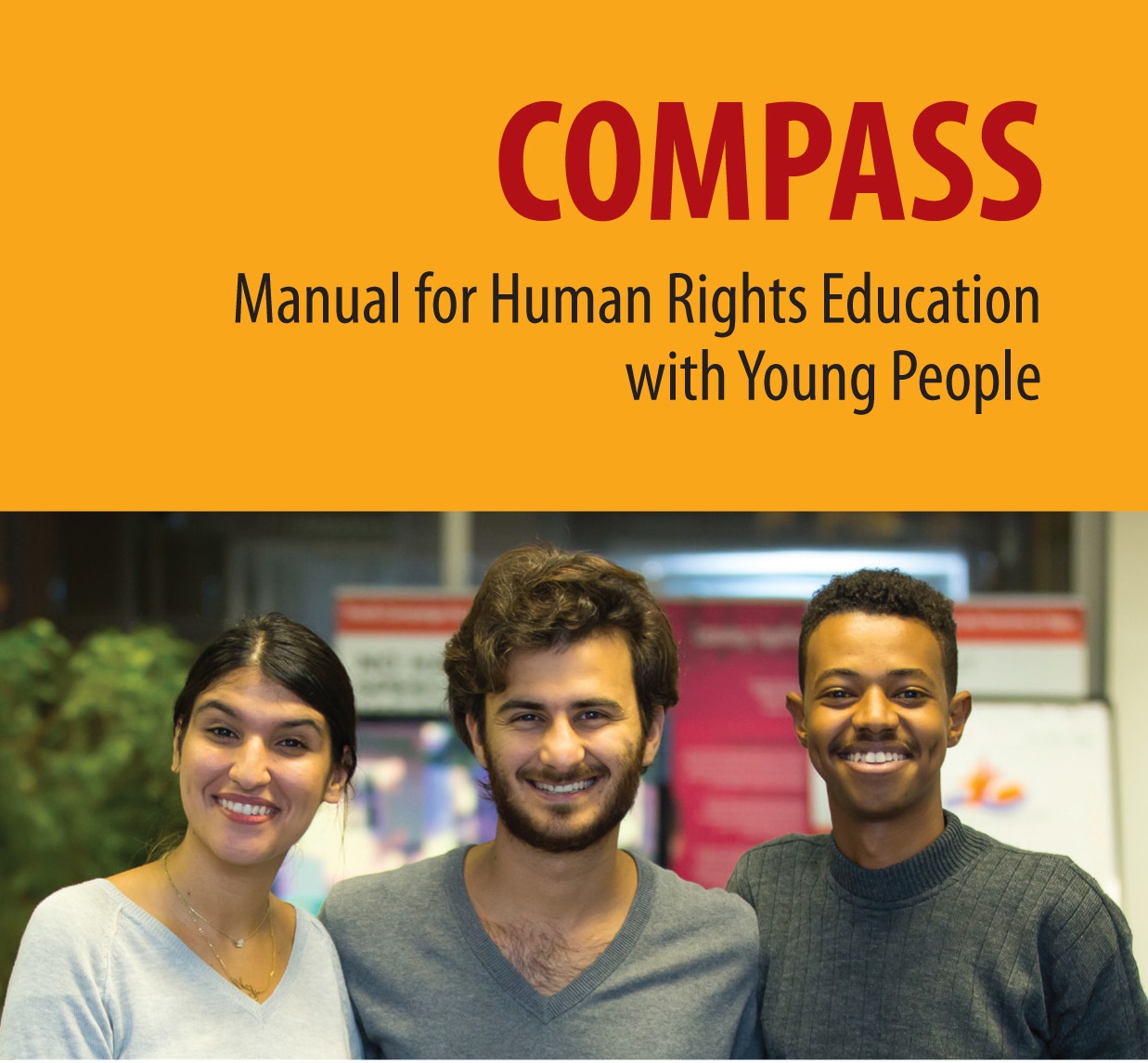Convention on Action against Trafficking in Human Beings
(Unofficial summary)
The Council of Europe Convention on Action against Trafficking in Human Beings (was opened for signature in Warsaw on 16 May 2005 on the occasion of the 3rd Summit of Heads of State and Government of the Council of Europe. On 24 October 2007, the Convention received its tenth ratification thereby triggering the process whereby it entered into force on 1 February 2008.
The convention is a comprehensive treaty focussing mainly on the protection of victims of trafficking and the safeguard of their rights. It also aims to prevent trafficking and to prosecute traffickers. In addition, the Convention provides for the setting up of an effective and independent monitoring mechanism capable of controlling the implementation of the obligations contained in the Convention.
The Convention is not restricted to Council of Europe members states; non-members states and the European Union also have the possibility of becoming Party to the Convention.
Purpose and scope of the convention
The Convention is based on recognition of the principle that trafficking in human beings constitutes a violation of human rights and an offence to the dignity and integrity of the human being. The Council of Europe Convention is a comprehensive treaty which aims to:
• Prevent trafficking
• Protect the Human Rights of victims of trafficking
• Prosecute the traffickers.
The Convention applies to:
• all forms of trafficking: whether national or transnational, whether or not related to organised crime
• whoever the victim: women, men or children
• whatever the form of exploitation: sexual exploitation, forced labour or services, etc.
Measures provided by the convention
• Awareness-raising for persons vulnerable to trafficking and actions aimed at discouraging “consumers” are among the main measures to prevent trafficking in human beings.
• Victims of trafficking must be recognised as such in order to avoid police and public authorities treating them as illegal migrants or criminals.
• Victims of trafficking will be granted physical and psychological assistance and support for their reintegration into society. Medical treatment, counselling and information as well as appropriate accommodation are all among the measures provided. Victims are also entitled to receive compensation.
• Victims are entitled to a minimum of 30 days to recover and escape from the influence of the traffickers and to take a decision regarding their possible cooperation with the authorities. A renewable residence permit may be granted if their personal situation so requires or if they need to stay in order to cooperate in a criminal investigation.
• Trafficking will be considered as a criminal offence: traffickers and their accomplices will therefore be prosecuted.
• The private life and the safety of victims of trafficking will be protected throughout the course of judicial proceedings.
• Possibility of criminalising those who use the services of a victim if they are aware that the person is a victim of trafficking in human beings.
• The Convention provides the possibility of not imposing penalties on victims for their involvement in unlawful activities, if they were compelled to do so by their situation.
• Civil society has an important role to play as regards prevention of trafficking and protection of the victims. Consequently, the Convention encourages co-operation between public authorities, non-governmental organisations and members of civil society.
Monitoring
The monitoring mechanism consists of two pillars: GRETA, a group of independent experts on action against trafficking in human beings, and the Committee of the Parties, composed of the representatives in the Committee of Ministers of the Parties to the Convention and of representatives of Parties non-members of the Council of Europe. GRETA monitors the implementation of the Convention; it draws up reports evaluating the measures taken by the Parties. Those Parties which do not fully respect the measures contained in the Convention will be required to step up their action. In addition, the Committee of the Parties may also, on the basis of GRETA’s report, make recommendations to a Party.



